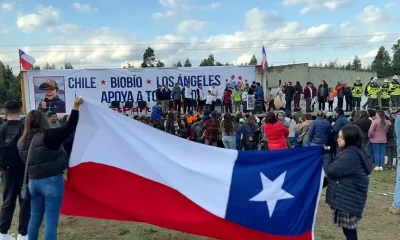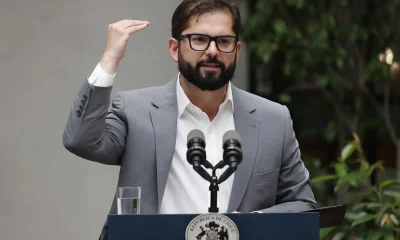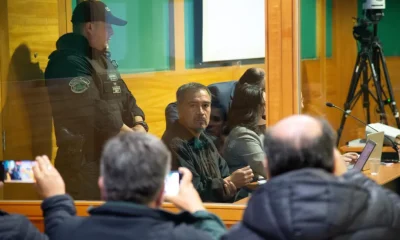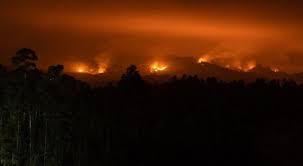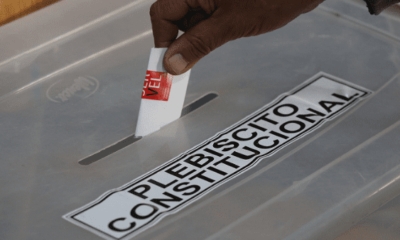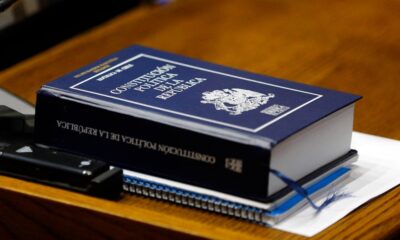International
Bill to reduce working hours in Chile is approved
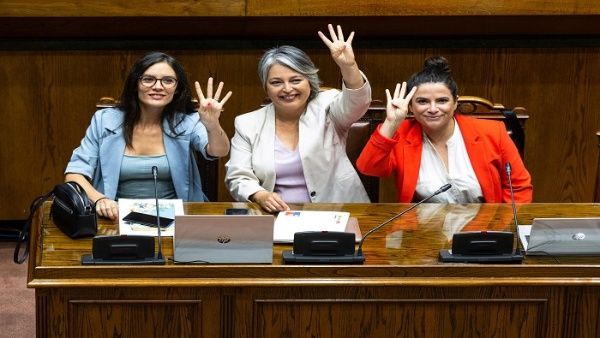
March 22 |
The Chilean Senate approved on Tuesday a bill that modifies the Labor Code in order to reduce the workday to 40 hours per week, while the initiative must pass to the Chamber of Deputies and Chamber of Deputies.
The Senate Chamber approved the bill that allows working hours to be reduced from 45 to 40 hours per week without affecting workers’ remuneration, with a vote without abstentions or opposing positions.
The Minister of Labor, Jeannette Jara, said that they expect the bill to be analyzed by the deputies and approved in the first days of next April.
According to local media, the initiative contains the proposal of working four days a week and a three-day rest, as well as flexibility for caregivers of children and adolescents up to 12 years old.
Information platforms indicated that the idea was promoted in 2017 by the then deputy Camila Vallejo, who currently serves as Minister of the General Secretariat of Government, and the also legislator Karol Cariola.
Vallejo at that time stated that “more working hours, does not always mean more productivity”. With Tuesday’s approval, the official emphasized that “approving the 40 hours is approving more and better time for families. After five years since we introduced it in Congress, I thank those who unanimously supported this important project. These agreements are what move Chile forward”.
International
Dina Boluarte avoids prosecution again as lawmakers dismiss sixth complaint
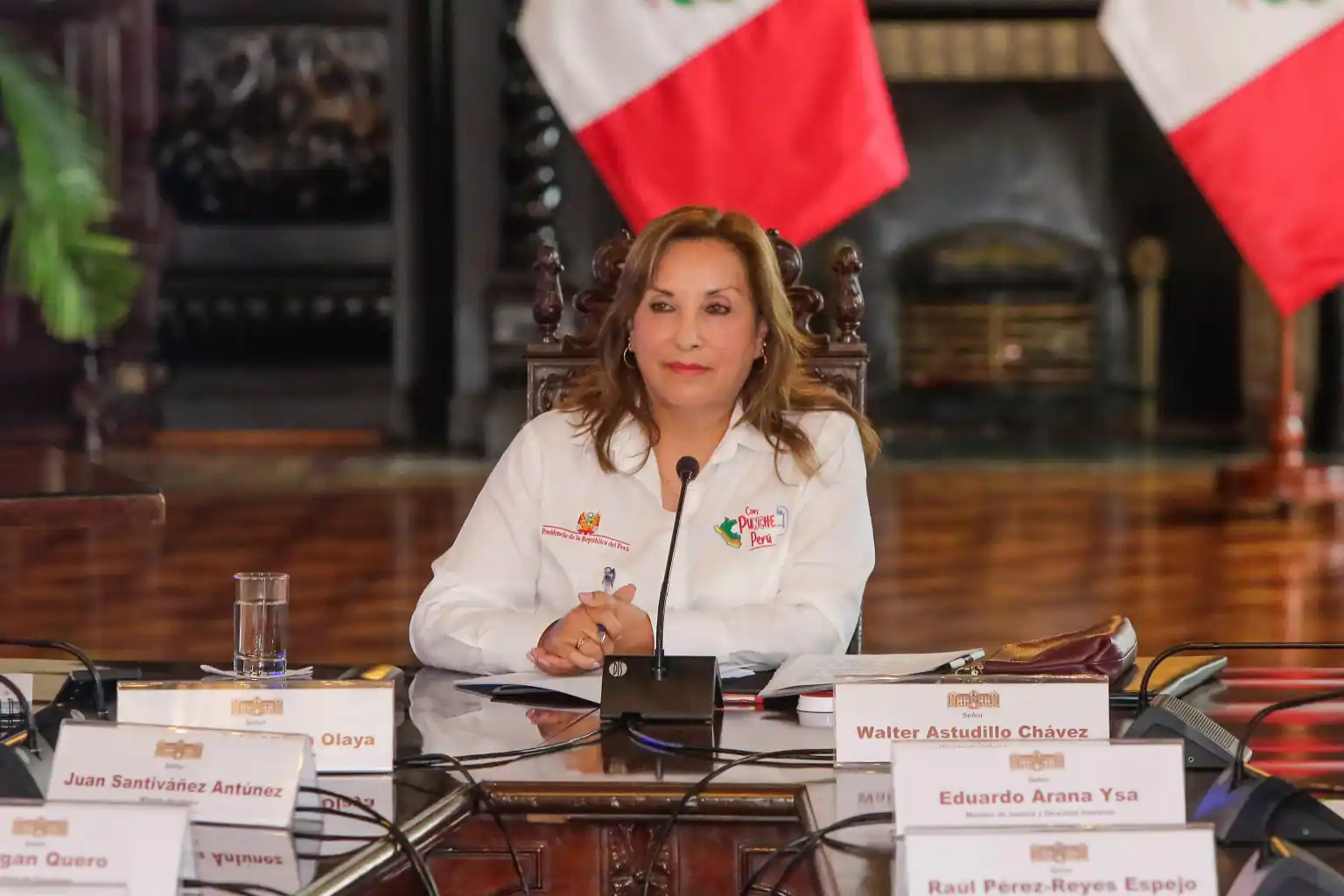
A congressional committee in Peru dismissed yet another constitutional complaint against President Dina Boluarte on Friday, blocking a potential investigation into her alleged responsibility for the deaths that occurred during the 2022 protests following her rise to power after the ousting of former president Pedro Castillo.
This marks the sixth time that Congress — with the support of allied parties — has halted legal efforts to hold Boluarte accountable. In June, lawmakers shelved three similar complaints filed by members of the small opposition bloc. Two other complaints had already been dismissed in 2023 and 2024.
Almost immediately after taking office in December 2022 — following Castillo’s removal after he attempted to dissolve Congress to avoid impeachment — Boluarte faced a wave of protests in southern Peru. These demonstrations resulted in the deaths of 50 civilians. According to autopsy reports, over half of the victims were killed by gunfire.
International
Families hold vigil in Caracas, demand release of political prisoners
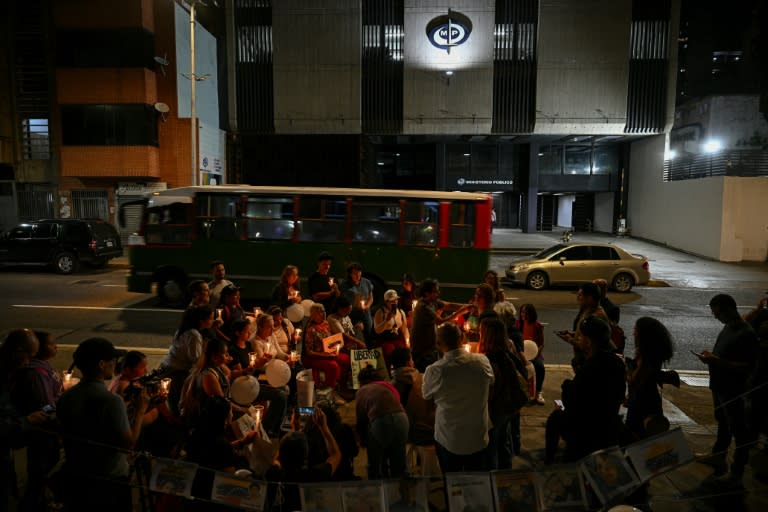
Dozens of people held a vigil outside the Attorney General’s Office in Caracas on Wednesday, calling for the release of political prisoners—one day after Amnesty International (AI) reported a “surge” in enforced disappearances following Venezuela’s presidential elections nearly a year ago.
In 2024, protests erupted after President Nicolás Maduro’s controversial re-election on July 28, amid widespread allegations of fraud. Official figures reported 27 deaths and 2,400 arrests during the unrest.
With balloons, prayers, candles, and photos, families of the detainees demanded a review of the cases—some still under trial—and called for their release, as has occurred with about 1,900 previously detained individuals. Prosecutors have promised to meet with families next Tuesday.
“We need to keep the pressure on (…) and get a more concrete and secure response, because if there is no answer by Tuesday, we will gather again,” said Sorangel Arguinzones, whose 25-year-old son Jesús Jiménez was arrested in Mérida (west) 11 months ago. He is being held in Tocorón prison, one of the facilities designated for protesters, and is accused of “terrorism.” Jiménez, a former scientific police officer, is described by his mother as innocent.
“We have to stay in prayer and ask for our boys’ freedom (…) it’s been almost a year now,” added Karina Martínez, whose brother Daniel has been detained since January, following Maduro’s swearing-in.
“My brother says: I’ve never been involved in politics,” she said.
Maduro was declared re-elected by the pro-government electoral authority without presenting the detailed vote count, as required by law.
In its report released Tuesday, Amnesty International warned of a “surge” in enforced disappearances over the past year. Of the 15 cases recorded, 11 people remain missing with their whereabouts and conditions still unknown.
International
Drug bust highlights Mexico’s efforts amid U.S. pressure on cartels
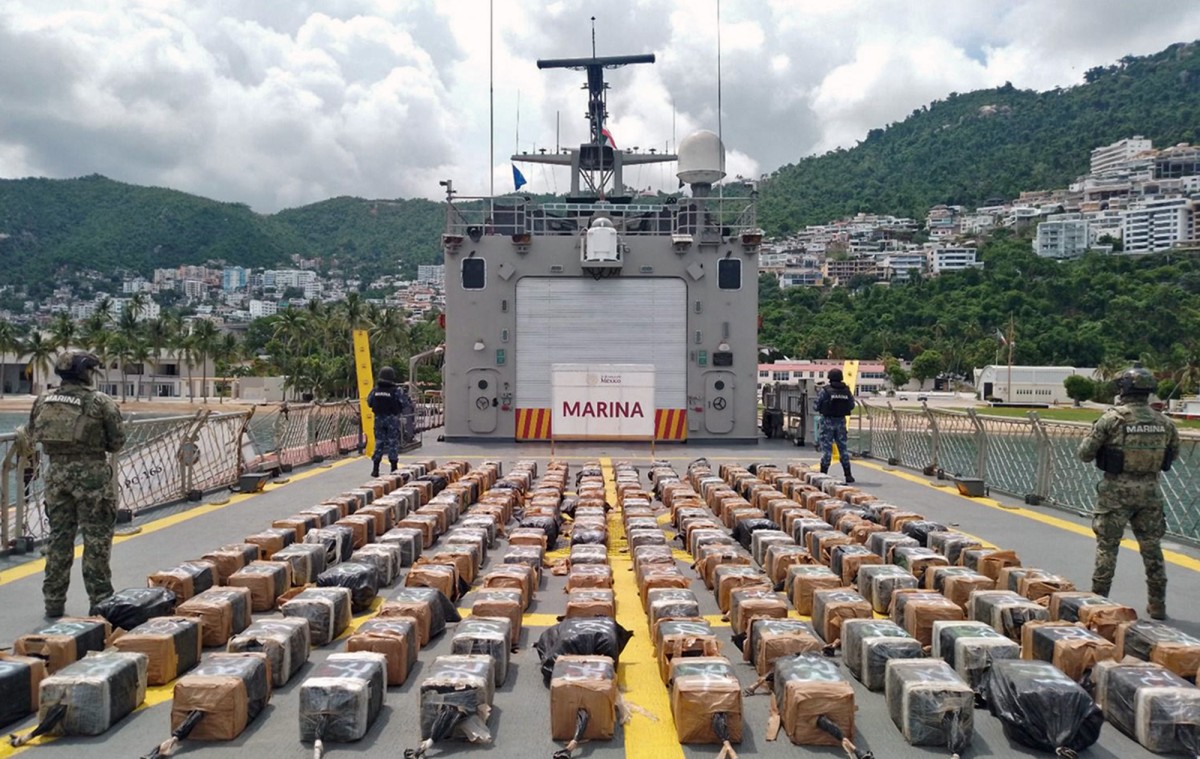
Mexican marines seized half a ton of cocaine off the coast of the southern state of Oaxaca and arrested four people transporting it on a boat, authorities reported Wednesday.
The Mexican government has increased drug seizures and arrests amid pressure from U.S. President Donald Trump’s administration to curb the flow of illicit substances into the United States, especially the deadly fentanyl.
The Secretariat of Public Security said in a statement that the drugs, packed in 14 bundles, were confiscated during a maritime surveillance operation, although the exact date was not disclosed. The shipment was valued at 130 million pesos (about 6.9 million dollars).
Since October 1, 2024, when President Claudia Sheinbaum took office, 45 tons of cocaine have been seized at sea, the Secretariat indicated.
On July 12, Trump threatened to impose 30% tariffs on Mexico starting August 1, accusing the country of failing to stop cartels “that try to turn all of North America into a drug trafficking playground.”
-

 Central America3 days ago
Central America3 days agoHonduras reports four influenza deaths and 587 cases in 2025 amid COVID-19 rise
-

 International5 days ago
International5 days agoMexico confirms death of farmworker hurt in ICE raid, calls for investigation
-
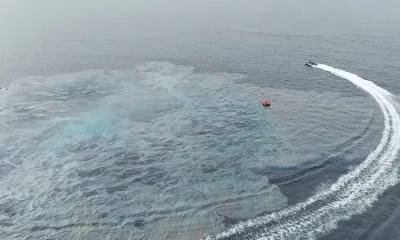
 International4 days ago
International4 days agoThe rescue operation of missing people ends after a ship was wrecked by a Houthi attack in the Red Sea
-
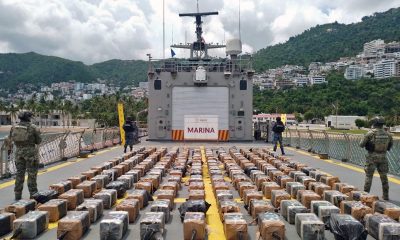
 International1 day ago
International1 day agoDrug bust highlights Mexico’s efforts amid U.S. pressure on cartels
-

 International5 days ago
International5 days agoTrump’s 30% tariff undermines U.S.-Mexico talks, but negotiations will continue
-
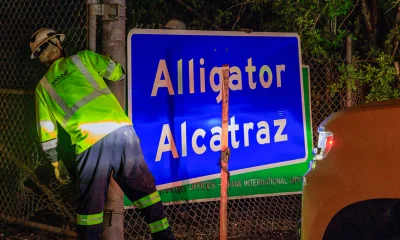
 Internacionales3 days ago
Internacionales3 days agoU.S. plans five new ‘Alligator Alcatraz’-style migrant detention centers
-

 International4 days ago
International4 days agoPatriot missiles, key anti-missile systems for the defense of the Ukrainian sky
-
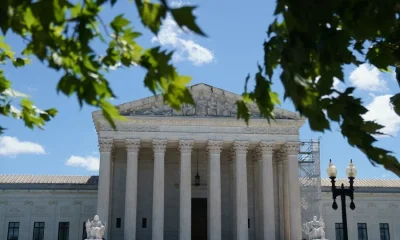
 International3 days ago
International3 days agoSupreme Court allows Trump to proceed with massive layoffs at Education Department
-

 International1 day ago
International1 day agoFamilies hold vigil in Caracas, demand release of political prisoners
-

 International4 days ago
International4 days agoDeaths from clashes between military groups and clans in southern Syria rise to 30
-
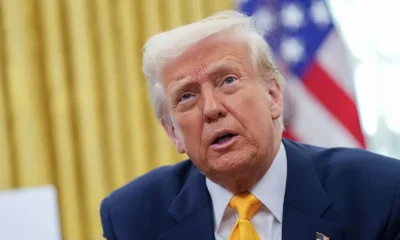
 International2 days ago
International2 days agoTensions rise as Trump and Sheinbaum clash over cartel influence
-
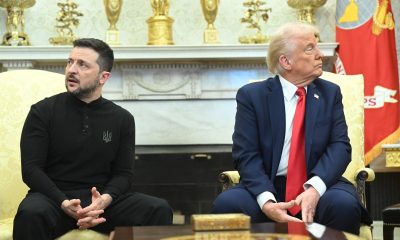
 International3 days ago
International3 days agoTrump gives Russia 50 days to end war in Ukraine
-
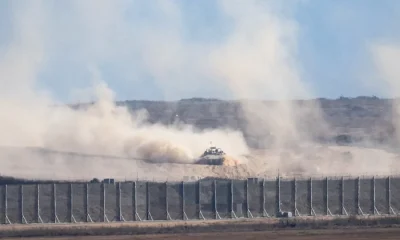
 International4 days ago
International4 days agoIsrael kills at least 20 Palestinians in attacks from dawn against the Gaza Strip
-
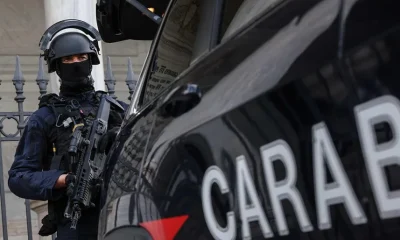
 International4 days ago
International4 days agoAnti-mafia operation in Italy with 54 arrested for drug trafficking from Ecuador and Spain
-
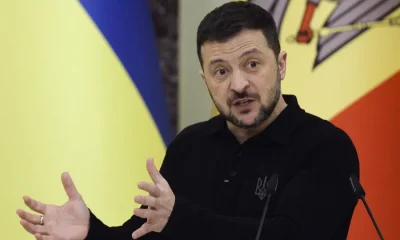
 International4 days ago
International4 days agoZelenski proposes the Minister of Economy, Sviridenko, as the new prime minister
-

 International4 days ago
International4 days agoZelenski talks to Kellogg in Kiev about sanctions against Russia and the sale of weapons to Ukraine
-
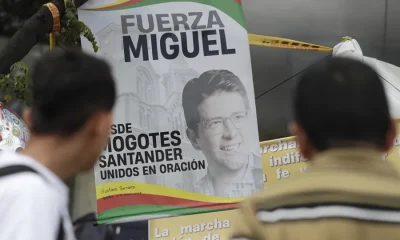
 International4 days ago
International4 days agoColombian Senator Uribe Turbay, shows clinical improvement and begins neurological rehabilitation
-

 International1 day ago
International1 day agoTrump signs Fentanyl Law, says cartels “control” Mexico
-
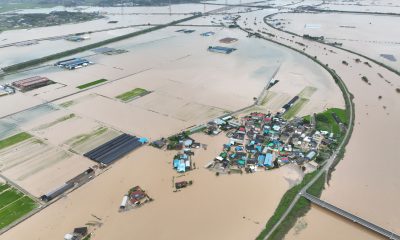
 International1 day ago
International1 day agoTorrential rains in South Korea leave 3 dead and thousands evacuated
-

 International2 days ago
International2 days agoEcuador unveils atomic energy bill to build resilient and sustainable power system
-
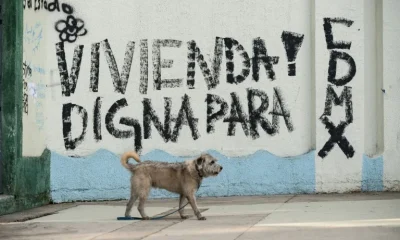
 International2 days ago
International2 days agoMexico City to regulate Airbnb and rents in bid to curb gentrification
-

 International1 day ago
International1 day agoNew marsupial species discovered in Peru’s Amazon rainforest
-
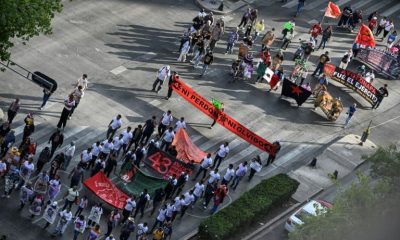
 International1 day ago
International1 day agoSpecial prosecutor in Ayotzinapa case resigns amid family demands
-
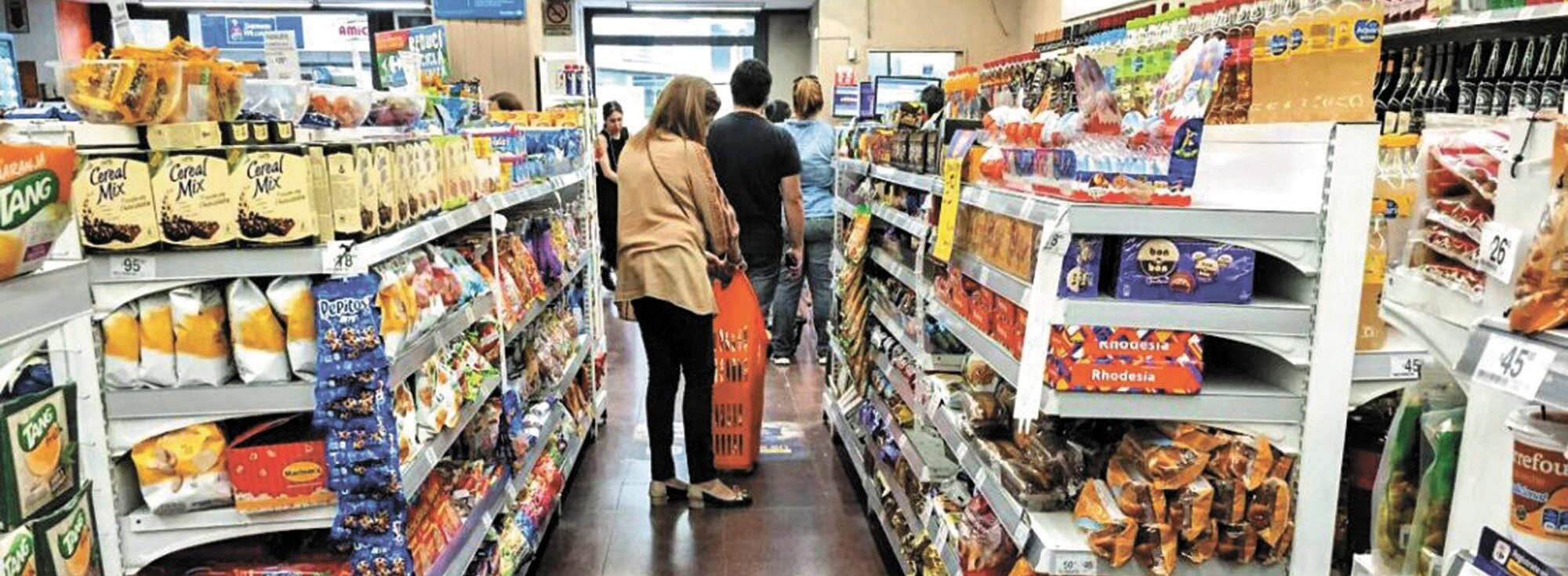
 International2 days ago
International2 days agoCivil organizations denounce multinational interference in Latin America’s food policies
-

 International1 day ago
International1 day agoMilei vs. the press: 410 attacks and 8 lawsuits mark a year of hostility
-

 International1 day ago
International1 day agoBrazil’s “Devastation Bill” passes lower house ahead of COP30
-

 International3 days ago
International3 days agoThe US Supreme Court gives the green light to Trump to dismantle the Department of Education
-
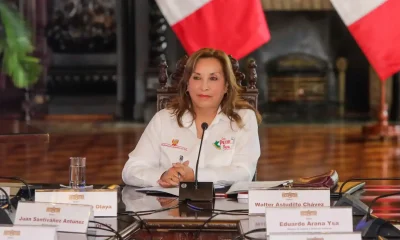
 International54 mins ago
International54 mins agoDina Boluarte avoids prosecution again as lawmakers dismiss sixth complaint























